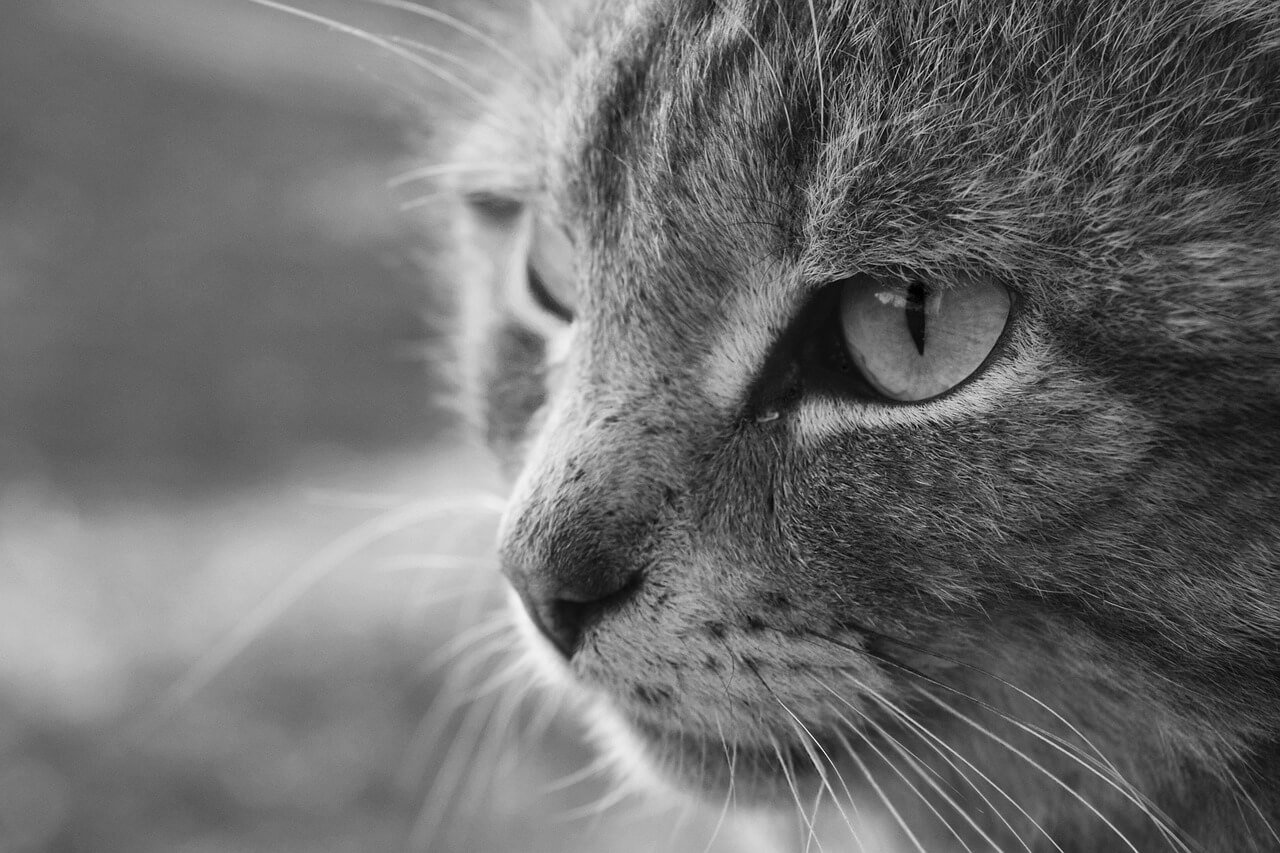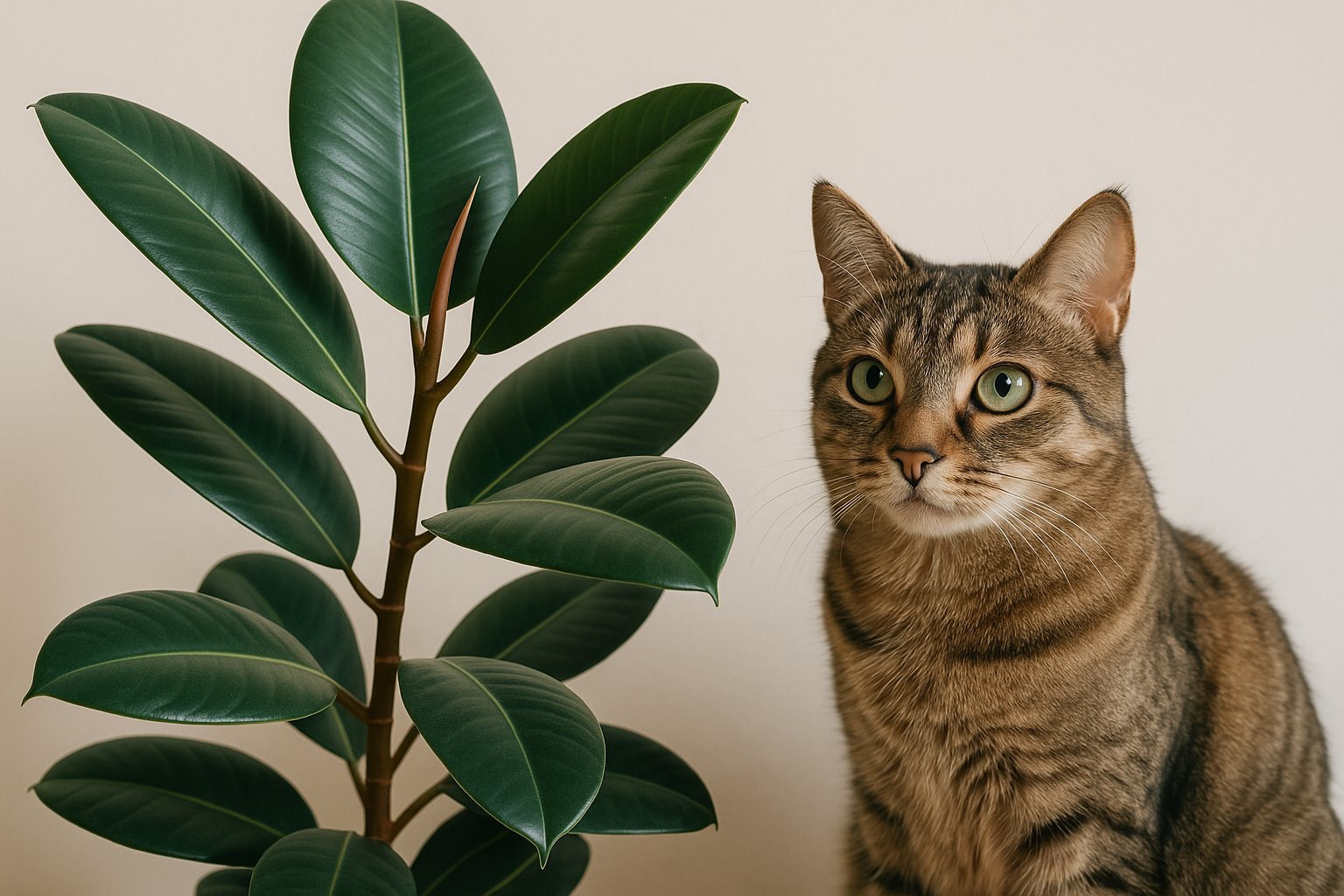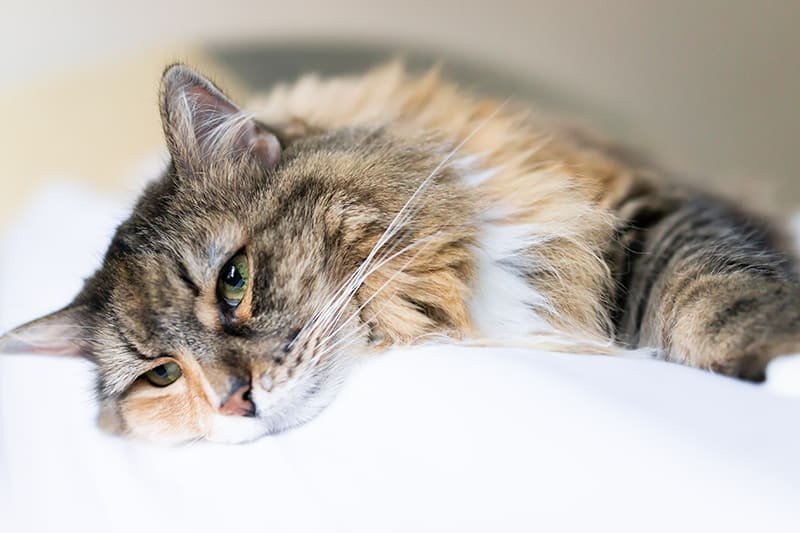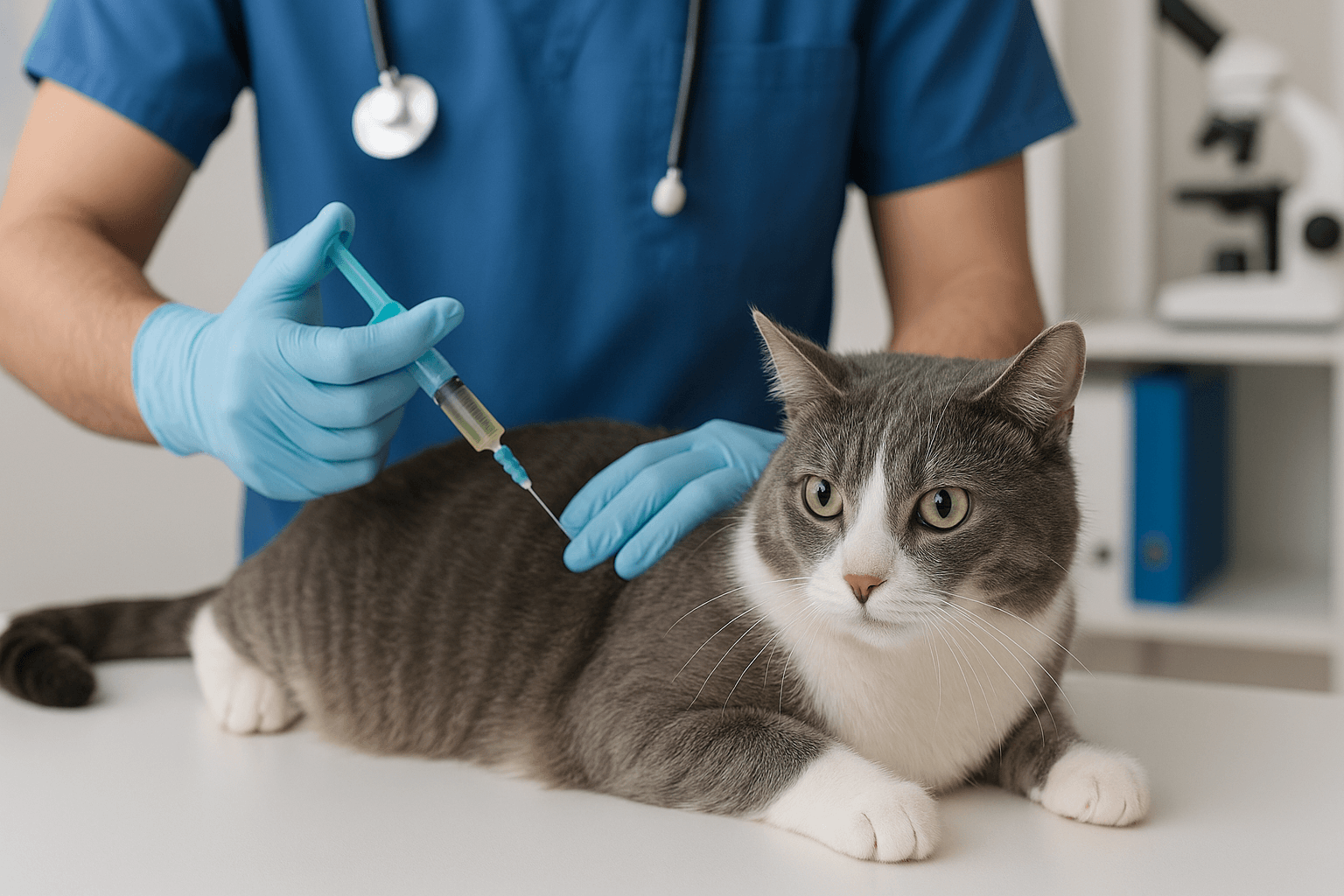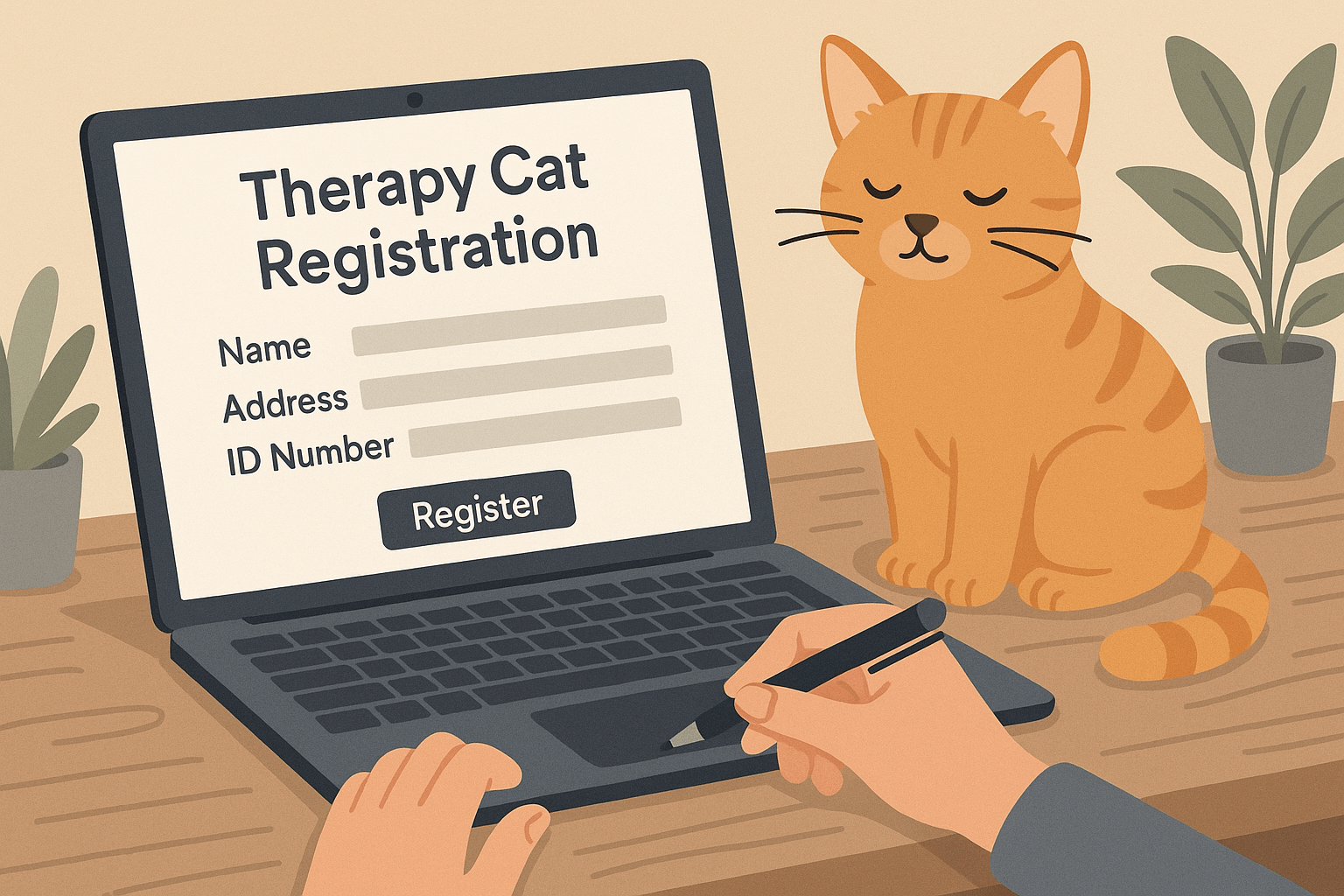Do Cats Eat Mice? Exploring Feline Instincts and Behavior
Cats have long been associated with hunting mice, a behavior deeply rooted in their instincts as natural predators. But do all cats eat mice, and why is this behavior so common? Whether you’re a curious cat owner or simply fascinated by feline habits, understanding why cats hunt mice can provide valuable insights into their nature. From domesticated house cats to their wild counterparts, the relationship between cats and mice is both intriguing and complex. In this blog post, we’ll delve into the reasons behind this behavior, its implications for pet owners, and how to manage it responsibly. Let’s uncover the secrets of this timeless dynamic!
Why Do Cats Hunt Mice?
The sight of a cat chasing a mouse may seem like a playful game, but it’s actually driven by deep-seated instincts. Cats are natural hunters, and their behavior is influenced by both biology and evolution. Here’s why cats are drawn to hunting mice:
Instinctual Behavior
Hunting is an innate instinct for cats, passed down from their wild ancestors who relied on small prey for survival.High-Protein Diet
Mice are rich in protein and essential nutrients, making them an ideal food source for cats in the wild.Playful Nature
Even well-fed domestic cats may hunt mice as a form of play, sharpening their skills and satisfying their curiosity.Territorial Instincts
Cats are territorial creatures, and hunting mice helps them assert dominance over their environment.Natural Predatory Skills
With sharp claws, keen eyesight, and quick reflexes, cats are perfectly equipped to catch small, fast-moving prey like mice.
While not all cats eat the mice they catch, the act of hunting itself fulfills an important role in their physical and mental well-being. Understanding these instincts can help pet owners better interpret their cat’s behavior.
Benefits of Hunting for Cats
Though modern cats rarely rely on hunting for survival, engaging in this behavior can still offer several benefits. For both indoor and outdoor cats, hunting can be a vital part of their daily routine. Here’s how hunting mice (or other small prey) positively impacts a cat’s life:
Physical Exercise
Chasing and catching prey provides excellent cardiovascular exercise, helping cats stay fit and active.Mental Stimulation
The thrill of the hunt keeps cats mentally sharp and prevents boredom, which can lead to destructive behaviors.Instinctual Fulfillment
Hunting allows cats to express their natural instincts, reducing stress and promoting overall happiness.Improved Coordination
The process of stalking and pouncing enhances a cat’s agility and fine-tunes their motor skills.Bonding Opportunities
For outdoor cats, hunting can sometimes be a social activity shared with other felines in the area.
By recognizing these benefits, pet owners can appreciate why hunting remains such an integral part of a cat’s life. Even if your cat doesn’t hunt mice, providing toys and games that mimic prey can fulfill similar needs.
Check this guide 👉Can Cats Eat Blueberries? Best 7 Health Tips!
Check this guide 👉Can Cats Eat Peanut Butter? Best 7 Health Tips!
Check this guide 👉Can Cats Eat Raw Chicken? Best 7 Expert Tips!
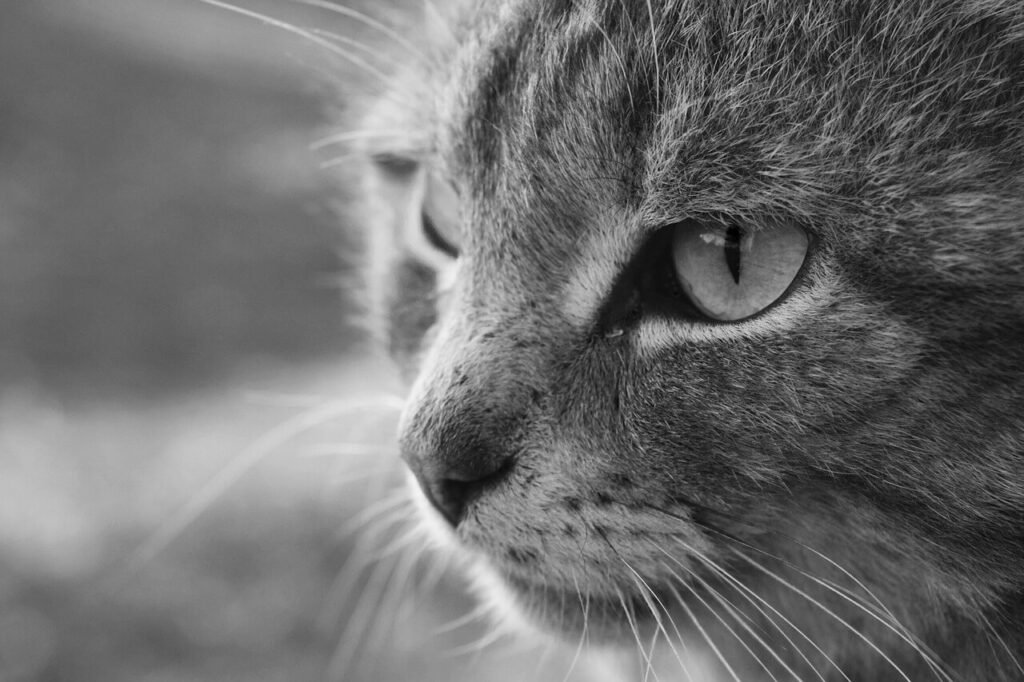
Reasons Cats Hunt Mice | How to Manage This Behavior Indoors |
|---|---|
Instinctual behavior | Provide interactive toys like feather wands |
High-protein diet | Offer high-quality, protein-rich cat food |
Playful nature | Set up puzzle feeders for mental stimulation |
Territorial instincts | Create safe spaces to make them feel secure |
Natural predatory skills | Use laser pointers to simulate prey movement |
Potential Risks of Cats Eating Mice
While hunting mice is natural for cats, there are potential risks associated with consuming them. These dangers highlight the importance of monitoring your cat’s activities, especially if they spend time outdoors. Here are some concerns to keep in mind:
Parasites
Mice can carry parasites like tapeworms, which can infect your cat if ingested.Diseases
Rodents may harbor diseases such as leptospirosis or toxoplasmosis, posing health risks to your cat.Poison Exposure
If mice have ingested rodenticides, eating them could poison your cat indirectly.Digestive Issues
Consuming fur, bones, or other indigestible parts of a mouse can lead to gastrointestinal blockages.Behavioral Problems
Encouraging hunting behavior excessively might lead to aggression or unwanted habits indoors.
Understanding these risks can help you take preventive measures to protect your cat while respecting their instincts. Always consult a veterinarian if you suspect any health issues related to hunting.
How to Redirect Your Cat’s Hunting Instincts Safely
If you’re concerned about your cat hunting mice or want to redirect their instincts in a safer way, there are plenty of alternatives to consider. These strategies allow your cat to engage in natural behaviors without exposing them to potential dangers. Here are some ideas:
Interactive Toys
Feather wands, laser pointers, and toy mice can simulate the thrill of the hunt in a controlled environment.Puzzle Feeders
These devices challenge your cat to “hunt” for their food, satisfying their predatory drive while keeping them entertained.Window Perches
Placing a perch near a window lets your cat observe birds and other wildlife, fulfilling their curiosity safely.Regular Playtime
Daily play sessions with your cat can tire them out and reduce their urge to hunt real animals.Supervised Outdoor Time
If you let your cat outside, supervise them closely or use a harness to minimize risks.
By incorporating these activities into your cat’s routine, you can channel their hunting instincts in positive ways while ensuring their safety and well-being.
The Role of Diet in Managing Hunting Behavior
A cat’s diet can significantly influence their hunting behavior, as nutritional needs often drive their instincts. Ensuring your cat is well-fed and satisfied can reduce their urge to hunt mice or other small animals. Here are some dietary considerations to keep in mind:
High-Quality Protein
Feeding your cat a diet rich in animal-based protein can help satisfy their natural cravings for meat.Balanced Nutrition
A balanced diet ensures your cat receives all the essential nutrients they need, reducing the likelihood of seeking additional food sources.Small, Frequent Meals
Offering smaller meals more frequently mimics their natural feeding patterns and keeps them fuller for longer.Avoid Overfeeding
While ensuring they’re well-fed, avoid overfeeding, as obesity can lead to other health issues that may affect their activity levels.Specialized Foods
Some commercial cat foods are designed to meet the specific needs of active or hunting-prone cats, helping curb excessive hunting behaviors.
By addressing your cat’s dietary needs, you can minimize their desire to hunt while promoting overall health and vitality.
Fun Facts About Cats and Their Hunting Habits
Cats’ hunting habits are not only functional but also fascinating. These quirky traits provide a glimpse into their unique personalities and evolutionary history. Here are some fun facts about cats and their hunting behaviors:
Mice Aren’t Their Only Prey
Cats have been known to hunt birds, insects, and even fish, showcasing their versatility as predators.They Often Don’t Eat What They Catch
Many domestic cats hunt purely for sport, leaving their “trophies” at their owner’s feet instead of eating them.Hunting Skills Are Learned
Kittens learn hunting techniques from their mothers, practicing stalking and pouncing during playtime.Nighttime Hunters
Cats are crepuscular, meaning they’re most active during dawn and dusk—prime times for hunting.The “Gift-Giving” Behavior
When cats bring home mice or other prey, it’s often a sign of affection or an attempt to teach their owners how to hunt.
These fun facts highlight the complexity of feline behavior and deepen our appreciation for their natural instincts. Understanding these quirks can strengthen the bond between you and your furry friend.
How to Create a Mouse-Free Environment for Your Cat
If you’re concerned about your cat encountering mice—or bringing them indoors—it’s important to take steps to create a mouse-free environment. This not only protects your cat but also ensures a cleaner and safer home. Here are some practical tips:
Seal Entry Points
Inspect your home for cracks, gaps, or holes where mice might enter and seal them promptly.Store Food Properly
Keep pet food, human snacks, and pantry items in sealed containers to avoid attracting rodents.Maintain Cleanliness
Regularly clean your home, especially areas where crumbs or food debris might accumulate.Use Natural Deterrents
Peppermint oil, ultrasonic repellents, and other humane deterrents can discourage mice without harming your cat.Trim Vegetation Around the House
Overgrown plants or grass near your home can serve as hiding spots for mice; trimming them reduces the risk.
By taking these preventive measures, you can minimize the chances of mice entering your home and reduce your cat’s opportunities to hunt them. A proactive approach benefits both your household and your feline companion.
Frequently Asked Questions About Cats and Mice
Do all cats eat mice?
Not all cats eat mice; some prefer to hunt for fun rather than consume their prey.
Is it safe for my cat to eat mice?
It’s generally unsafe due to the risk of parasites, diseases, and toxins carried by rodents.
How can I stop my cat from hunting mice?
Redirect their instincts with toys, puzzle feeders, and regular playtime to reduce hunting urges.
Can indoor cats develop hunting instincts?
Yes, even indoor cats retain their natural hunting instincts and may exhibit them through play.
Should I punish my cat for bringing me mice?
No, punishment can confuse or stress your cat. Instead, focus on redirecting their behavior with positive reinforcement.
Celebrating the Hunter Within: Balancing Instincts and Safety
The age-old question, “Do cats eat mice?” reveals much more than just a dietary preference—it uncovers the intricate balance between a cat’s natural instincts and their modern lifestyle. While hunting is an undeniable part of their heritage, responsible pet ownership involves finding ways to honor these instincts without compromising their health or safety. By understanding your cat’s motivations and providing safe outlets for their energy, you can ensure they thrive in today’s world. Whether through interactive play or creative enrichment, celebrating your cat’s inner hunter strengthens the bond you share and enriches their life immeasurably.
Is the Rubber Tree Cat Safe? Best 7 Expert Tips! Discover expert advice on keeping rubber plants safely in cat-friendly homes and learn top tips for pet-safe plant care.
Low Red Blood Cell Count in Cats: Best 7 Expert Tips! Discover causes, symptoms, and treatment options for feline anemia. Learn how to support your cat’s health effectively with expert advice.
Understanding Megacolon Treatment: Best 7 Expert Tips! Discover effective strategies to manage feline megacolon, from dietary changes to surgical options, ensuring your cat’s comfort and long-term health.
How to Register a Therapy Cat: Best 7 Expert Tips! Discover essential steps to certify your cat as a therapy animal, prepare them for training, and make a meaningful impact in therapeutic settings.

